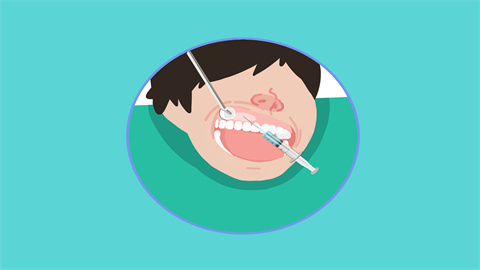Can I eat barbecue after tooth extraction?
Generally speaking, whether you can eat barbecue after tooth extraction depends on the stage of recovery and individual circumstances. If discomfort or abnormal symptoms occur, it is recommended to seek medical attention promptly. The detailed analysis is as follows:

If you are in the later stage of recovery after tooth extraction—meaning the wound has healed well, with no signs of redness, swelling, pain, or bleeding—and it has been more than 1–2 weeks since the extraction, you may usually consume a small amount of barbecue. At this point, the wound is generally stable, and eating a moderate amount of tender, non-charred meat typically won't irritate the site. However, be sure to remove tough connective tissues, cartilage, or other hard parts from the meat, and avoid chewing on the side where the tooth was extracted.
If you are still in the early recovery phase—when the wound hasn't fully healed and there is still redness, swelling, pain, or bleeding—or if less than one week has passed since the extraction, eating barbecue is not recommended. Barbecue meat is often tough and may contain spicy seasonings; chewing can cause friction against the wound, leading to bleeding or infection. Spicy ingredients can also irritate the surgical site, increase pain, delay healing, and potentially lead to complications such as dry socket.
When eating barbecue, choose mild flavors and avoid spicy or overly salty seasonings. Limit your portion size and do not overeat. After eating, gently rinse your mouth with a mild mouthwash or warm water to remove food debris and prevent residue from accumulating near the wound, which could cause infection. If you experience increased pain, swelling, or bleeding after eating, seek medical evaluation promptly.




